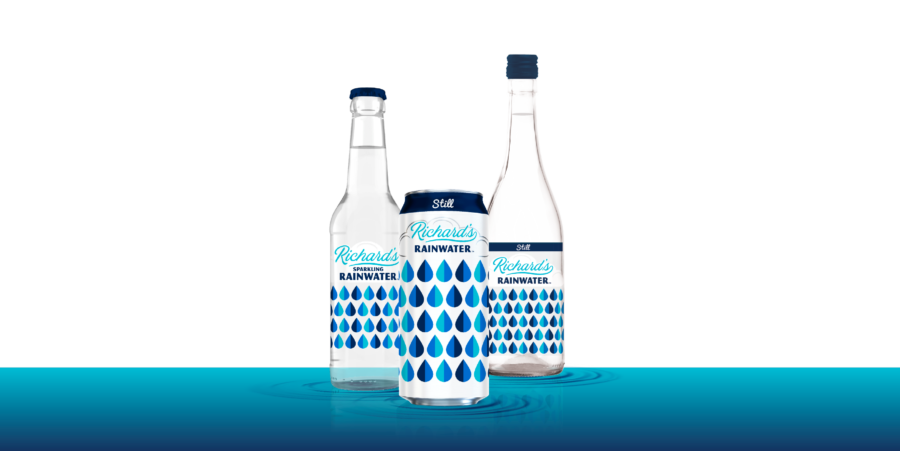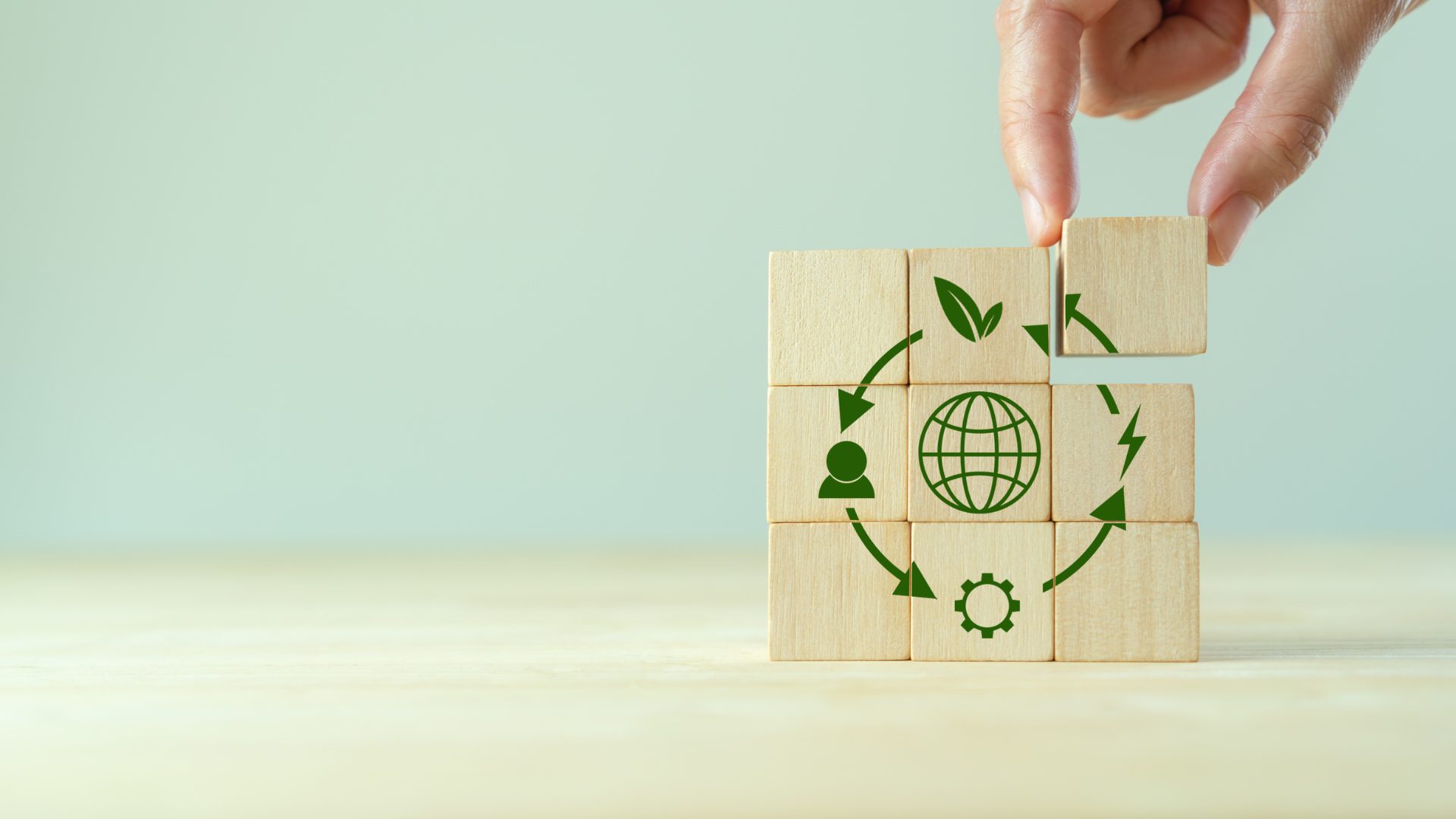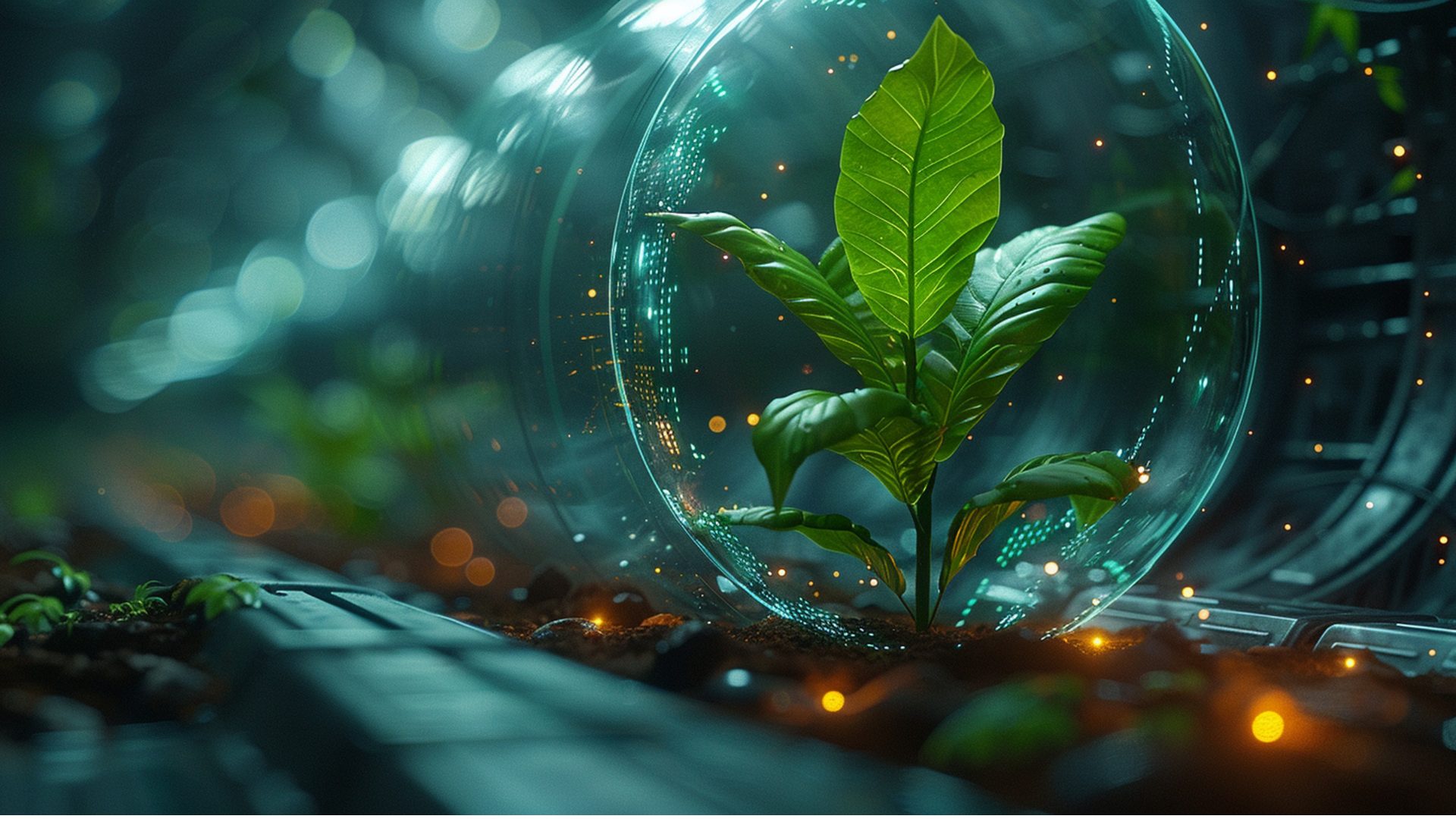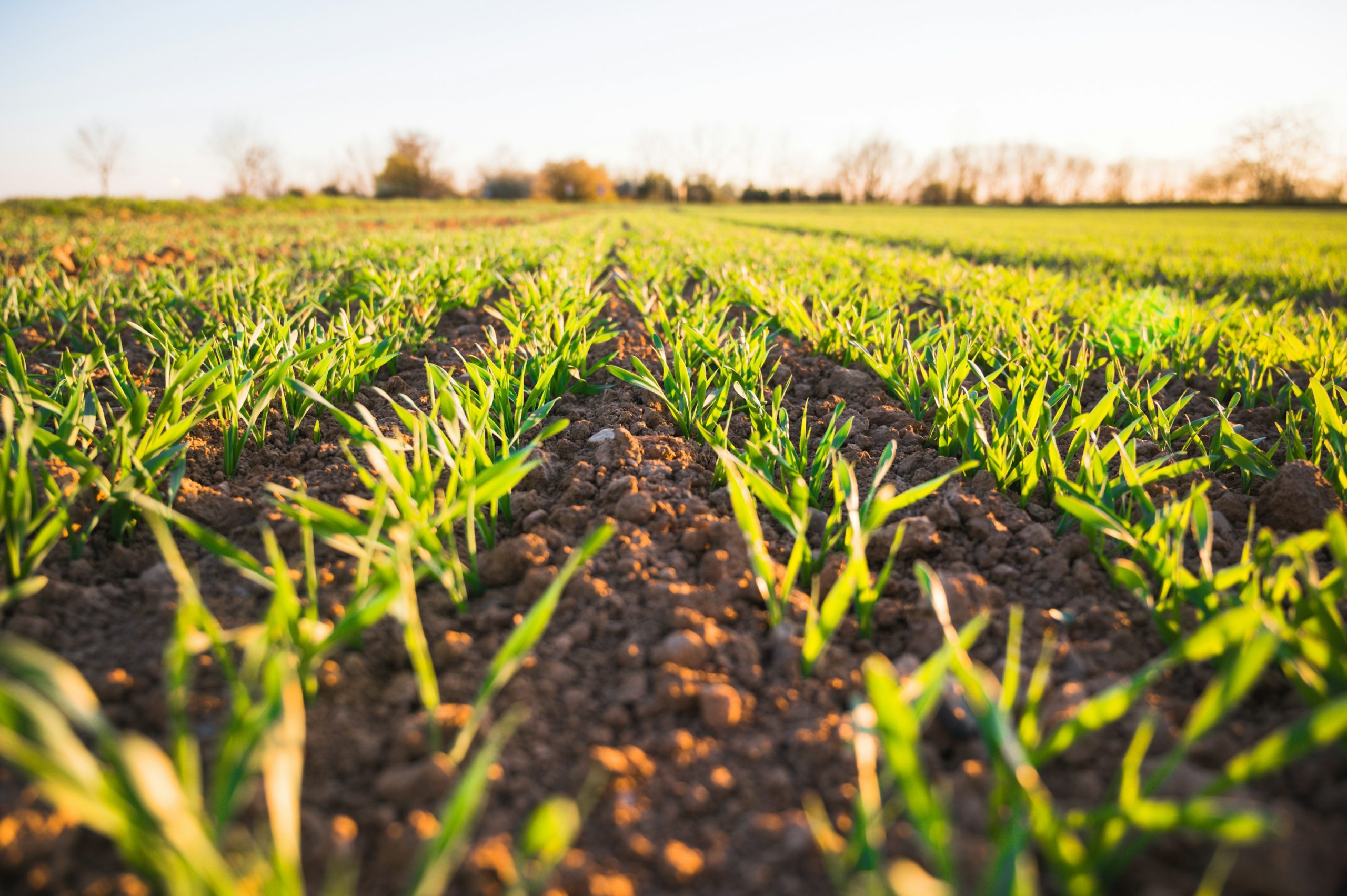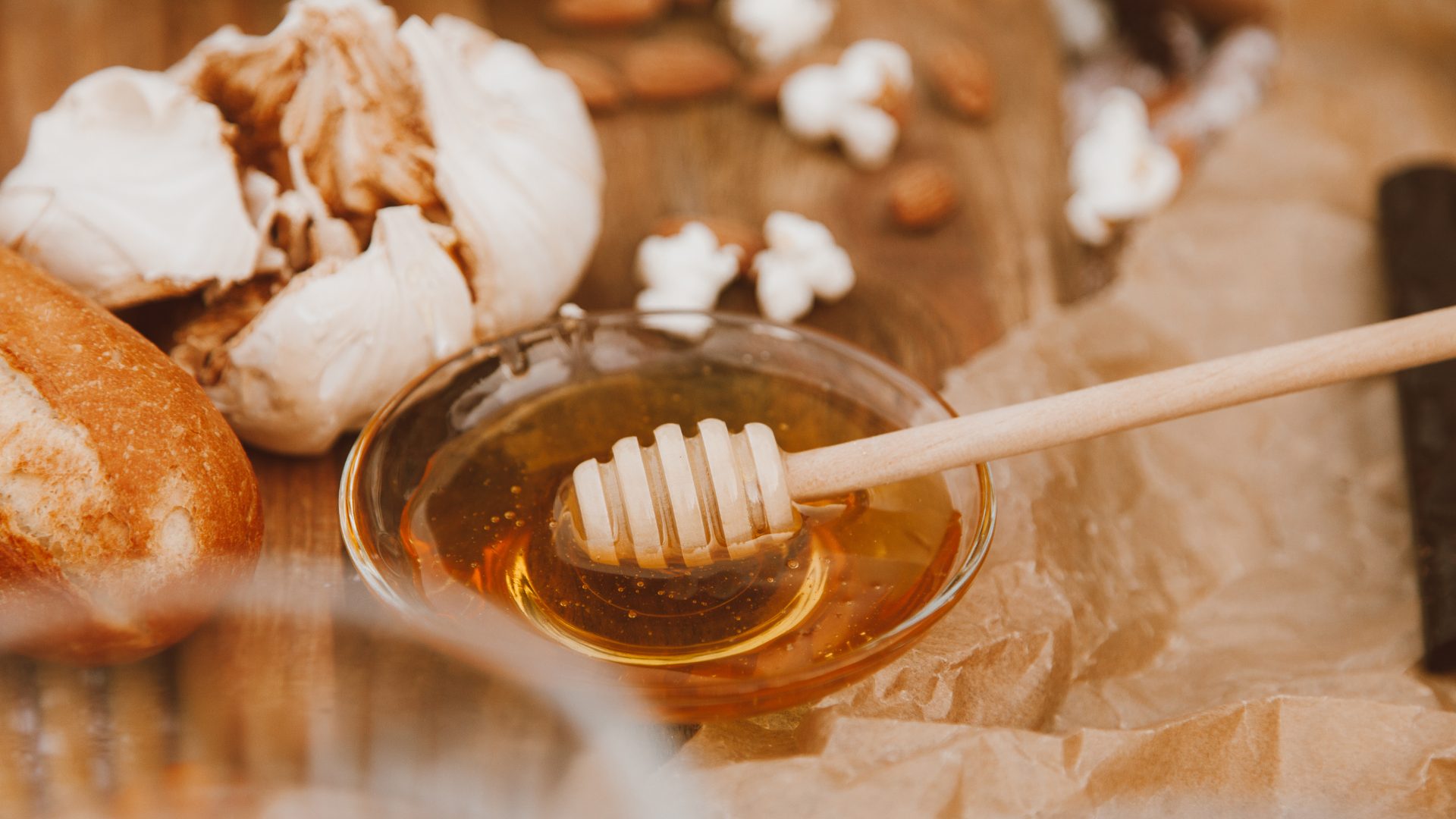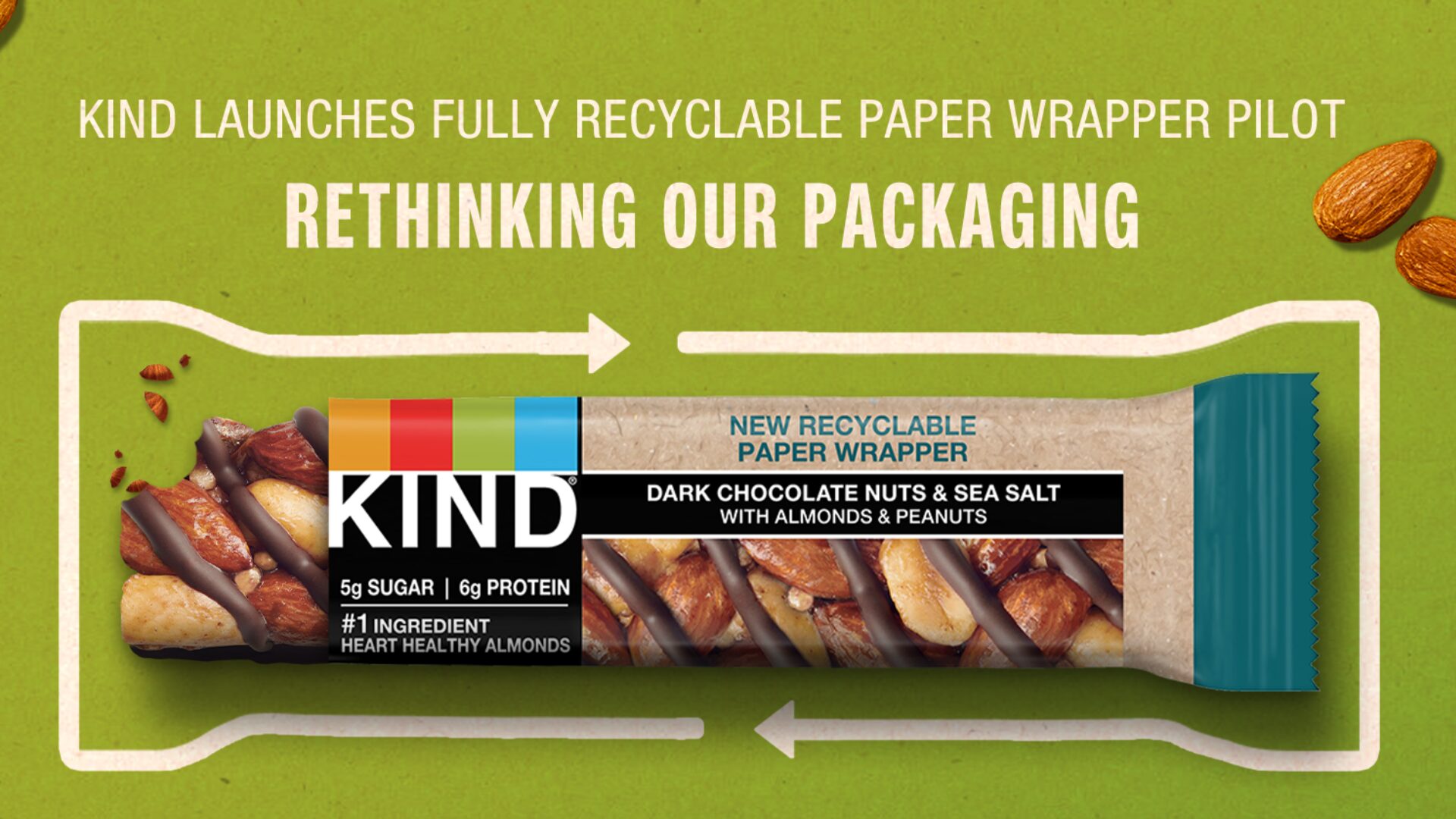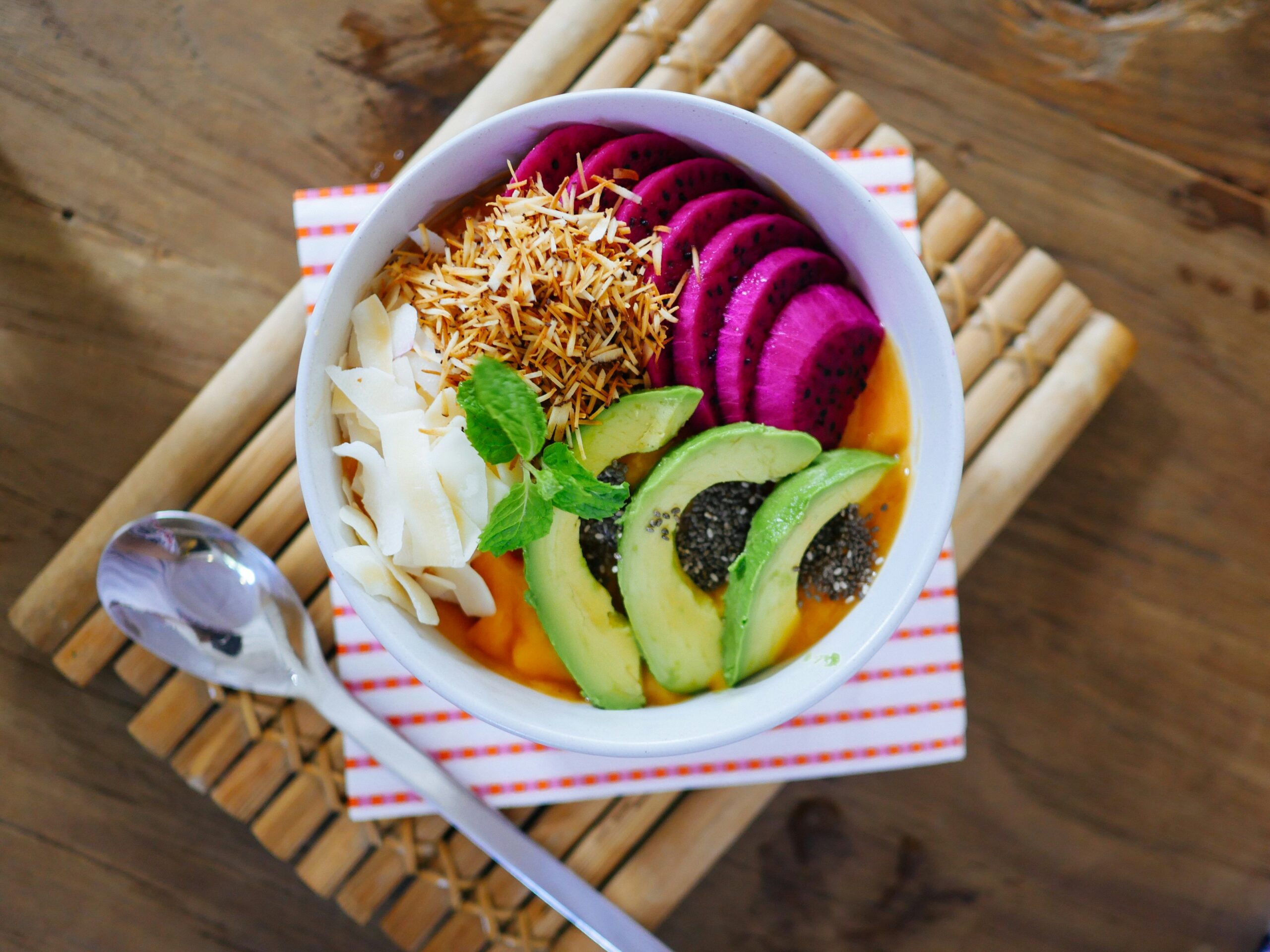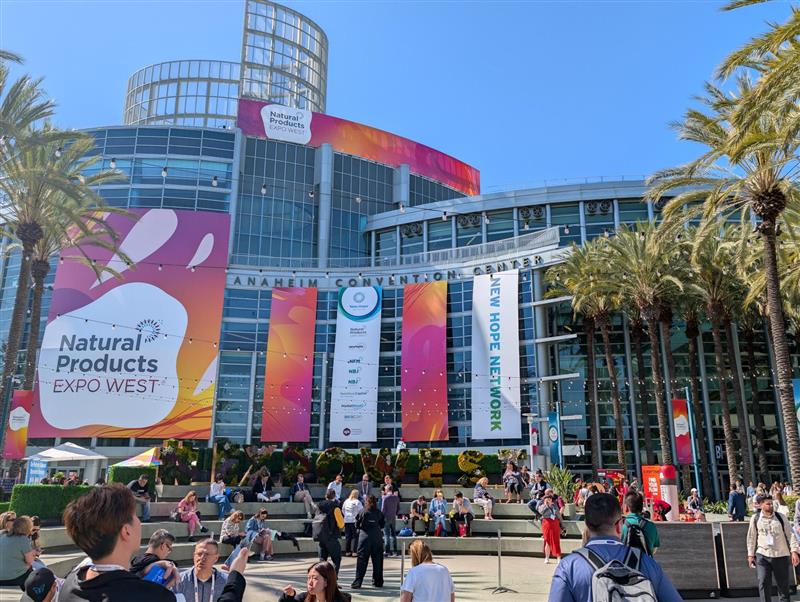As climate concerns continue to shake up the food industry, Richard’s Rainwater is bottling fresh rain with a focus on localized access and sustainability.
Recently, Richard’s opened the world’s largest potable rainwater collection site on the roof of Faubourg Brewing Co. in New Orleans. The site – Louisiana’s first-ever rain capture facility for drinking water – is expected to collect more than 2 million gallons of water each year, and the company’s not stopping there.
“Think of Richard’s as the solar power of the water industry,” company CEO Taylor O’Neil told The Food Institute. “Our goal is to set up a national, decentralized network of collection sites in as many communities as possible.
“We want to be the shortest path from cloud to consumer.”
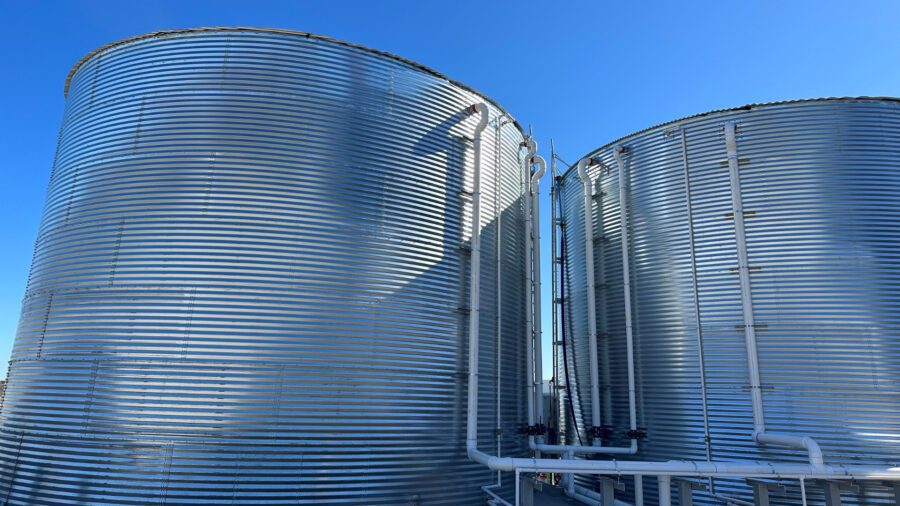
Richard’s Rainwater Collection Facility
As the nation’s first company to receive FDA-approval for rainwater collection, Richard’s captures newly fallen rain and packages still and sparkling varieties into infinitely recyclable aluminum cans and glass bottles.
According to the company, rain is naturally 100x cleaner than water bottled in accordance with the strictest standards. By catching the rain before it hits the ground, the water is cleaned through a closed loop process with virtually zero waste and no added chemicals like chlorine, fluoride or ammonia.
The site opening comes as demand for more sustainable food and beverage options continues to ripple across the industry. In the CPG space, Heart Water is also utilizing collection sites to capture and bottle rain.
“We want to be the shortest path from cloud to consumer.” – Taylor O’Neil, CEO at Richard’s Rainwater
Location & Expansion
According to O’Neil, rainwater harvesting is the most efficient way to make water cleaner and more accessible.
“Collecting rainwater in New Orleans made sense as it’s one of the top three rainiest cities in the U.S.,” he said, adding that company is in discussions with other potential collection site partners — largely in the Southeast and the Pacific Northwest, but also in the Northeast.
“We are focused on geographies that get lots of rain and partners that have an interest in sustainability,” said O’Neil. “The national network will help to shrink shipping distances and limit the carbon footprint of our operation.”
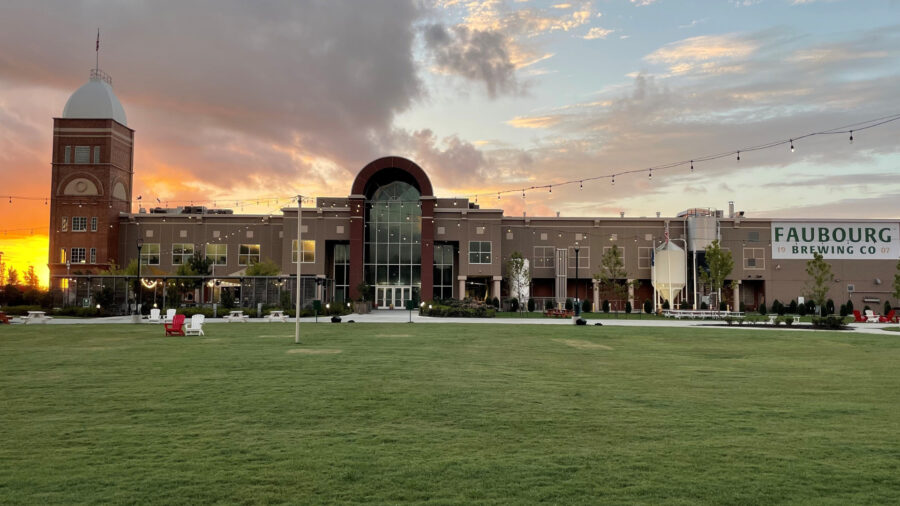
Faubourg Brewing Co.
In addition to reducing waste in New Orleans, Dan Griffin, VP of Operations at Faubourg Brewing Co.’s parent company Made By The Water, noted that the facility will play a role in creating jobs in the community.
“This partnership with Richard’s further solidifies our commitment to waste water reduction and responsible use of natural resources,” said Griffin in a company press release. “In this case, being good stewards of our environment is also good for our business.”
Additional Use Cases
Beyond the consumption aspect, Rainwater harvesting could be utilized in a variety of applications across the food industry and beyond.
“There are good examples like the new Tesla plant in Austin harvesting rainwater for their facility or the ‘Climate Pledge Arena’ in Washington using rainwater for the ice,” said O’Neil.
While he believes drinkable applications offer the highest value, O’Neil added that rainwater harvesting can help different facilities across the food system to manage water more efficiently.
In California, for instance, local organizations are attempting to harvest rainwater during powerful winter storms to offset historic droughts across the region, reported The Guardian. Harvesting also saves energy – 20% of all the power generated in California goes into moving, treating, and using water.
“Rainwater harvesting is one of the few opportunities to offset water use and increase the amount of water falling from the sky that can be used,” said O’Neil. “We believe our installations will be scored as ‘water credits’ much like carbon credits for offsetting carbon uses.”


